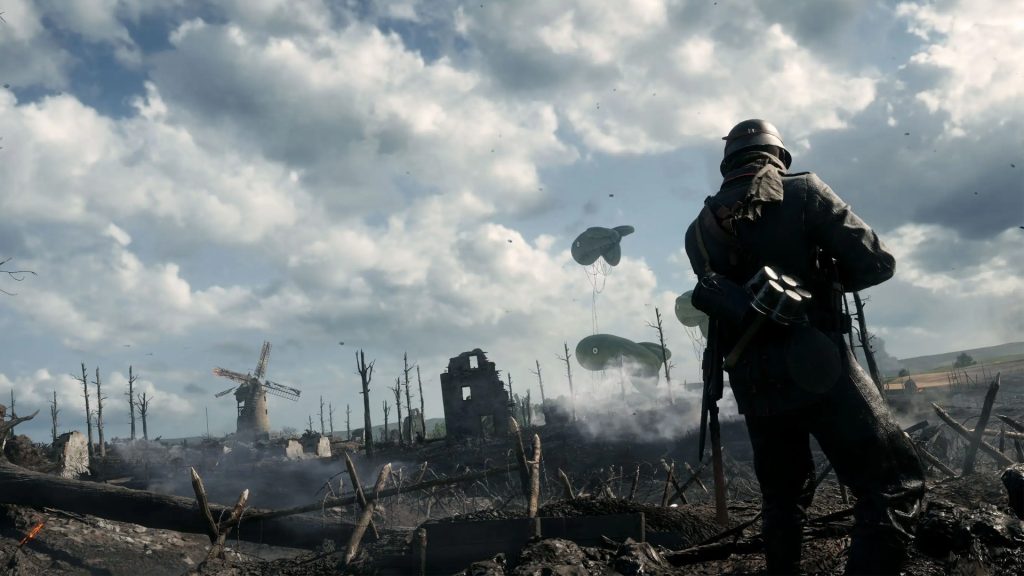From Battlefield to Bedroom: The Psychological Effects of War on Soldiers

Share This Post
“The soldier above all others prays for peace, for it is the soldier who must suffer and bear the deepest wounds and scars of war.” War changes a person in ways that words can never fully capture. It leaves behind wounds that don’t always bleed but linger in the mind, reshaping the way a soldier sees the world, relationships, and even themselves. The battlefield is not just a place where wars are fought—it’s where soldiers leave behind parts of their soul, often returning as different versions of the people they once were. In Midnight in Havana, Steven Bleemel masterfully looks into these themes through Johnnie T, a hardened Marine Top Sergeant, whose battles did not end when the gunfire stopped. Through his struggles with PTSD, survivor’s guilt, and emotional trauma, Bleemel provides a gripping, raw, and strongly moving portrayal of a soldier’s psychological scars and the battle for love, peace, and redemption.
Not all injuries from war are physical. Many of the deepest wounds are the ones hidden beneath the surface, shaping the way soldiers think, feel, and interact with the world. Post-Traumatic Stress Disorder (PTSD) is one of the most common psychological effects of war, impacting millions of veterans worldwide. In Midnight in Havana, Johnnie T is haunted by his past, particularly by the horrifying moment when he unintentionally killed a five-year-old boy during a mission. No matter how strong or battle-hardened a soldier is, moments like these stay with them forever. He experiences nightmares, flashbacks, and emotional turmoil, which affect his relationship with Gisela, the woman he loves. Every night, he wakes up drenched in sweat, gripped by memories that refuse to fade. He tries to numb the pain, suppress the memories, but the war is still inside him.
Romantic relationships are often the most greatly impacted by a soldier’s trauma. Love, which should be a source of comfort, can become another battleground—one where patience, understanding, and resilience are constantly tested. Johnnie and Gisela’s relationship is an intense and complicated one, built on trust, passion, and shared experiences in the military world. But love is not enough to erase the horrors he has witnessed. His PTSD manifests in uncontrollable nightmares, emotional withdrawal, and the constant fear of losing control. Gisela, despite her own military experience, struggles to break through his walls. One of the most significant moments in the book is when Gisela holds Johnnie in the middle of the night, whispering words of comfort as he shakes from another nightmare. This is a powerful reminder that love cannot erase trauma, but it can offer a safe place to heal. For many veterans, the hardest part of war is not fighting—it’s learning to be vulnerable again.
Another devastating effect of war is survivor’s guilt, the overwhelming feeling that one does not deserve to live while others have died. Soldiers who survive combat often question why they were spared while their comrades were not. This psychological burden can lead to self-destructive behavior, depression, and even suicidal thoughts. Johnnie carries deep guilt over the deaths of his fellow soldiers, but nothing haunts him more than the innocent child he killed during a mission. This singular moment in his life becomes a ghost that follows him everywhere, a burden that makes it difficult for him to see himself as worthy of happiness or love. He isolates himself, pushes Gisela away, and at one point even attempts to take his own life. This part of the novel is gut-wrenching but necessary. It shows the harsh reality of what many veterans go through. According to statistics, an average of 17 U.S. veterans die by suicide every day, a shocking number that highlights how deeply survivor’s guilt and PTSD impact mental health.
The big question at the heart of Midnight in Havana is: Can love heal a soldier’s psychological wounds? The answer is not simple. Love is not a cure, but it can be a reason to keep fighting. Johnnie and Gisela’s love is proof that even in the darkest times, having someone to hold on to can make all the difference. While Johnnie will never forget his past, Gisela reminds him that he is more than his trauma—that he is still capable of love, of happiness, of a future beyond war. Their journey is not about erasing pain, but about learning to live with it and move forward despite it. Midnight in Havana is a novel that does not offer fairy-tale endings, but realistic hope—the kind that soldiers and their loved ones desperately need.
Steven Bleemel has written more than just a military romance—he has crafted a story that feels real, raw, and deeply human. He does not glorify war; he exposes its scars. He does not present love as an easy fix; he shows it as a lifeline. If you are looking for a novel that is more than just an action-packed romance—one that makes you think, feel, and understand the struggles of soldiers beyond the battlefield—then Midnight in Havana is a book you cannot afford to miss.